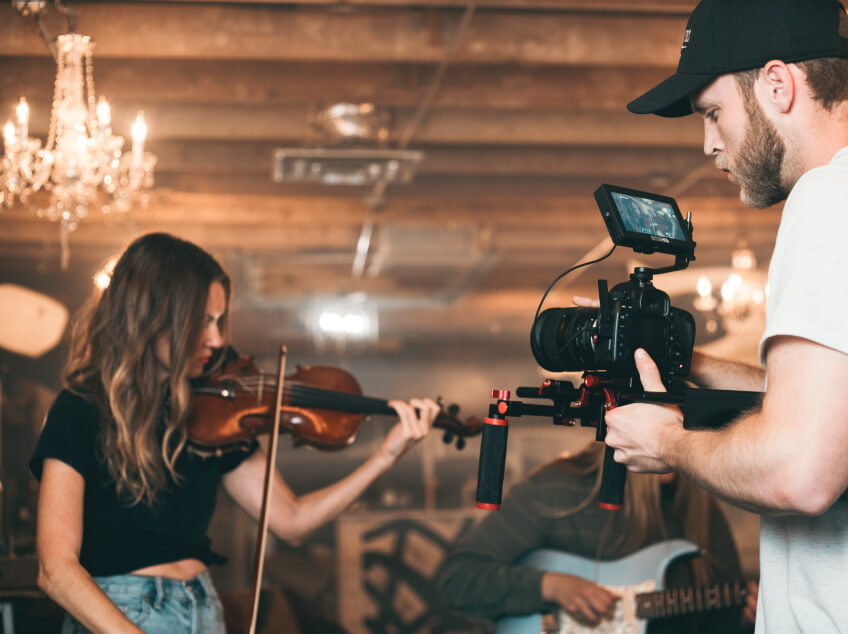Since its inception, cinema has been at the intersection of technology and creativity. From the Lumière brothers’ first motion picture projection to today’s visual effects extravaganzas, technical innovations have continually reshaped cinematic narrative. Here’s one of the most exciting and potentially transformative steps in this evolution: the arrival of Artificial Intelligence (AI) in the cinematic world.


So, what kind of roles does AI play in cinema and what does the future hold for us?
AI’s Roles Behind the Scenes
- Screenwriting Assistance: By analyzing large datasets, AI algorithms can identify popular themes, character arcs, and even successful screenplay structures. This can provide screenwriters with a powerful tool for inspiring, overcoming potential bottlenecks, or exploring different narrative possibilities. While an entirely AI-written masterpiece may not yet be on the horizon, it is bound to support the creative process.
- Innovation in Character and World Creation: AI-powered tools are being used to create unique character designs, fantastical creatures, or virtual worlds that push the boundaries of our imagination. This could be particularly groundbreaking for the science fiction and fantasy genres.
- Revolutionizing Visual Effects (VFX): Creating complex visual effects is a time-consuming and costly process. By automating these processes, AI can enable more realistic and detailed effects to be produced in less time and at a lower cost. AI capabilities for tasks like object tracking, facial replacement, and scene creation are rapidly improving.
- Intelligent Solutions in Editing and Montage: AI algorithms can analyze captured footage to suggest the most effective transitions, rhythms, and narrative flow. This can speed up the editing process and support directors’ creative decisions by offering them different editing options.
- New Horizons in Music and Sound Design: AI can compose original music for films or analyze existing sound effects to help create the optimal soundscape for a scene. AI-powered audio tools are increasingly being used to heighten emotional intensity or enhance a specific atmosphere.
AI’s Interactive and Personalized Cinema Experience
AI’s impact on cinema isn’t just limited to behind the scenes. It could also fundamentally change the viewing experience in the future:
- Personalized Content Recommendations: Algorithms used on platforms like Netflix already suggest the most suitable movies and series based on our viewing habits. With the advancement of AI, these recommendations could become even more precise and personalized.
- Interactive Stories: AI could pave the way for interactive films and experiences shaped by the viewer’s decisions. This could completely disrupt traditional narrative structures.
- Virtual and Augmented Reality Integration: AI can combine with VR and AR technologies to deliver immersive and personalized cinematic experiences. Viewers can become more deeply immersed in the film’s world and even interact with the characters.
AI’s Reflection on Creativity and Ethics
The rise of AI in cinema raises important questions: Will AI push the boundaries of creativity or diminish the human touch? How will ethical issues like copyright, data privacy, and the potential biases of algorithms be addressed?
Ultimately, AI is becoming more than just a tool in the cinematic world, offering new possibilities at every level of the creative process, production, and audience experience. Throughout this exciting journey, we will continue to closely monitor how technology inspires art and shapes the future of cinema.

